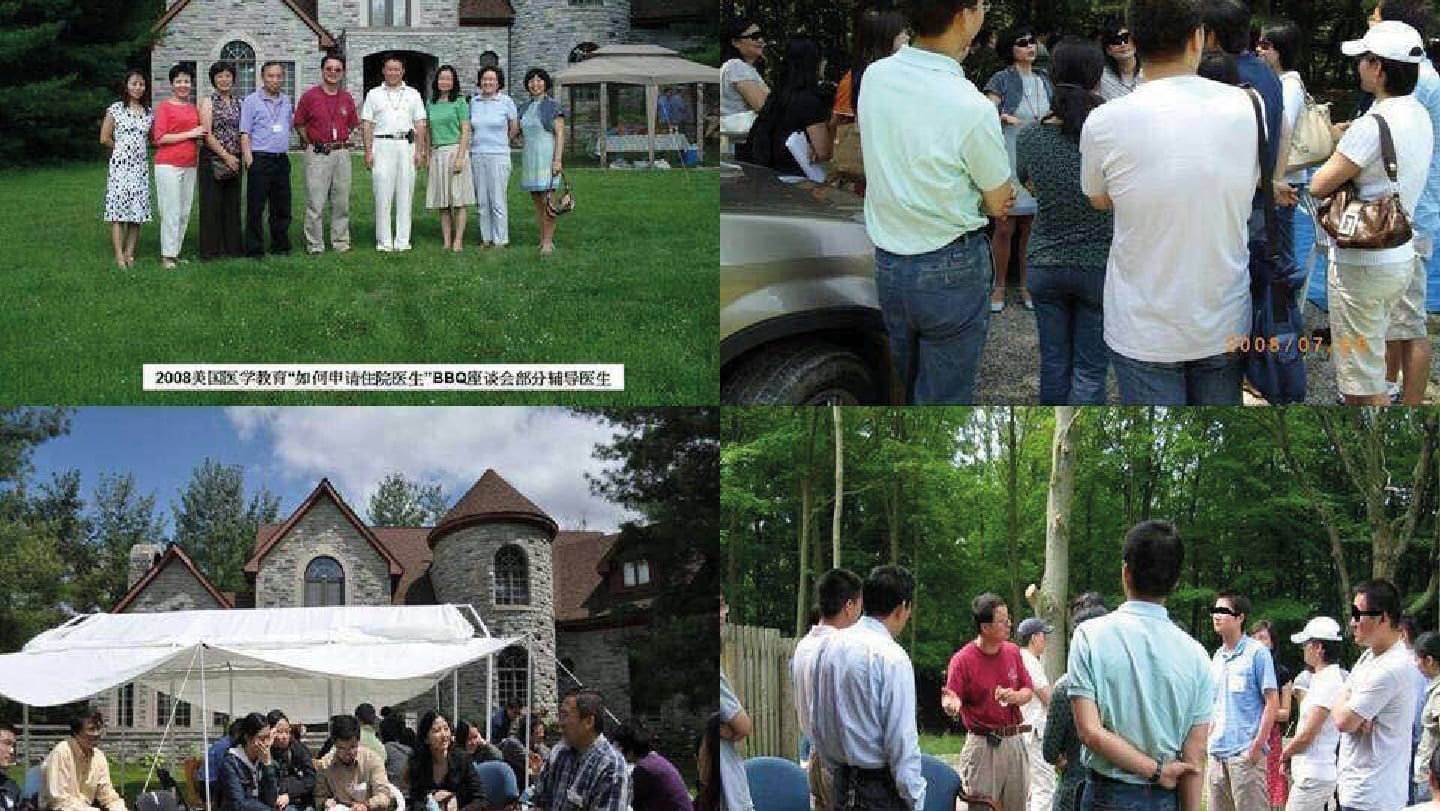
From 2006 to 2025, a total of 87 international medical graduates (IMGs) received externship training under my direction and supervision. Of these, 81 were Chinese medical graduates – over 90 percent of whom faced significant challenges, including gaps of 10 to 26 years since graduating from medical school, low USMLE scores (ranging from 195 to 230), and multiple failed match attempts, averaging between two and seven years. All but two had no prior US clinical experience. The remaining six participants included five IMGs and one American medical graduate. Notably, more than half of these trainees came to New York for externship training during the COVID-19 lockdowns, when most academic institutions and private hospitals were closed to IMGs.
The trainees completed two- to four-week hands-on externships in surgical pathology. My structured training curriculum also included a two-to four-week comprehensive program with rotations covering specimen accessioning, grossing, embedding, sectioning, frozen sections, cytology preparation and adequacy screening, special and immunohistochemical staining, and FISH studies. They learned to review slides and generate preliminary and final diagnoses using three to four commercial sign-out software platforms, and, more recently, participated in digital review and sign-out procedures.
Throughout the training, they developed strong skills in writing case notes, case summaries, reports, and mini-reviews. Each trainee also underwent personalized interview coaching, which included preparing application packages, refining CVs and personal statements, and participating in mock interviews to strengthen their communication skills and confidence.

During the interview coaching, we addressed difficult questions – about long educational gaps, older age, and low USMLE scores – with honesty and strategy. Each trainee received two recorded mock interviews: one on their first day and another at the end of training. Many told me afterward, “Dr. He, I felt embarrassed watching my first interview recording, but my second one gave me confidence and enthusiasm to face real-world challenges.”
I would reassure them, “You don’t need to feel ashamed. That was your starting point. The progress you made is proof of your growth. We all improve through mistakes – after all, failure is the mother of success.” When they left New York, they did so with renewed confidence and determination to pursue their dreams.
In the years since, over 75 percent of my trainees have successfully matched into US residency programs – the majority in pathology, with others entering internal medicine, neurology, pediatrics, anesthesiology, rehabilitation, radiology, and surgery. While some are still in training, many have gone on to complete fellowships at leading institutions including Johns Hopkins, Harvard, MD Anderson, UCLA, UCSF, MSKCC, the University of Michigan, Northwestern, and UT Southwestern.
Among the most inspiring are three older Chinese medical graduates who faced four to seven unsuccessful match attempts, with only one or two interviews each time, yet they persevered and ultimately succeeded. Many of these once-struggling graduates are now practicing as attending pathologists in academic and private settings, leading fulfilling professional and personal lives. At USCAP meetings and other pathology conferences, I often meet former trainees who approach me with gratitude and emotion, sharing their stories – sometimes with tears in their eyes. Their success stories never fail to move me deeply.
Though I have long been sidelined from academia and now work as a solo practice pathologist, I take immense pride in the 20 years I have dedicated to mentoring IMGs – especially those entering pathology – and in witnessing their success as residents, fellows, and attending physicians. This endeavor has been far more fulfilling than publishing papers in top-tier journals. It has also been challenging and exhausting, often overlooked by professional societies and occasionally met with skepticism or ridicule. Yet I persisted – with warmth, patience, and conviction. This journey has made me stronger and served as a path to self-redemption.
Every Match Day, I pause my work to await messages from my trainees. When they call and say, “Dr. He, I matched!” – often through tears – I can’t help but cry with them. In those moments, I am reminded of the words of the Indian poet Rabindranath Tagore:
“Live yourself as a light,
Because you don’t know
Who by your light
May find their way out of darkness.
Keep goodness in your heart,
Because you don’t know
Who will find hope in your kindness.”
These words still guide me. Though I may never hold a tenured professorship, I take greater pride in being an ordinary person helping others achieve extraordinary dreams – empowering ‘unfavorable’ IMGs to navigate adversity, become successful physicians and pathologists, and transform not only their own lives but those of their families.
Because when they say, “I matched,” I match too.
Gang He is Director for multiple Gastroenterology office laboratories at Long Island, New York, USA




